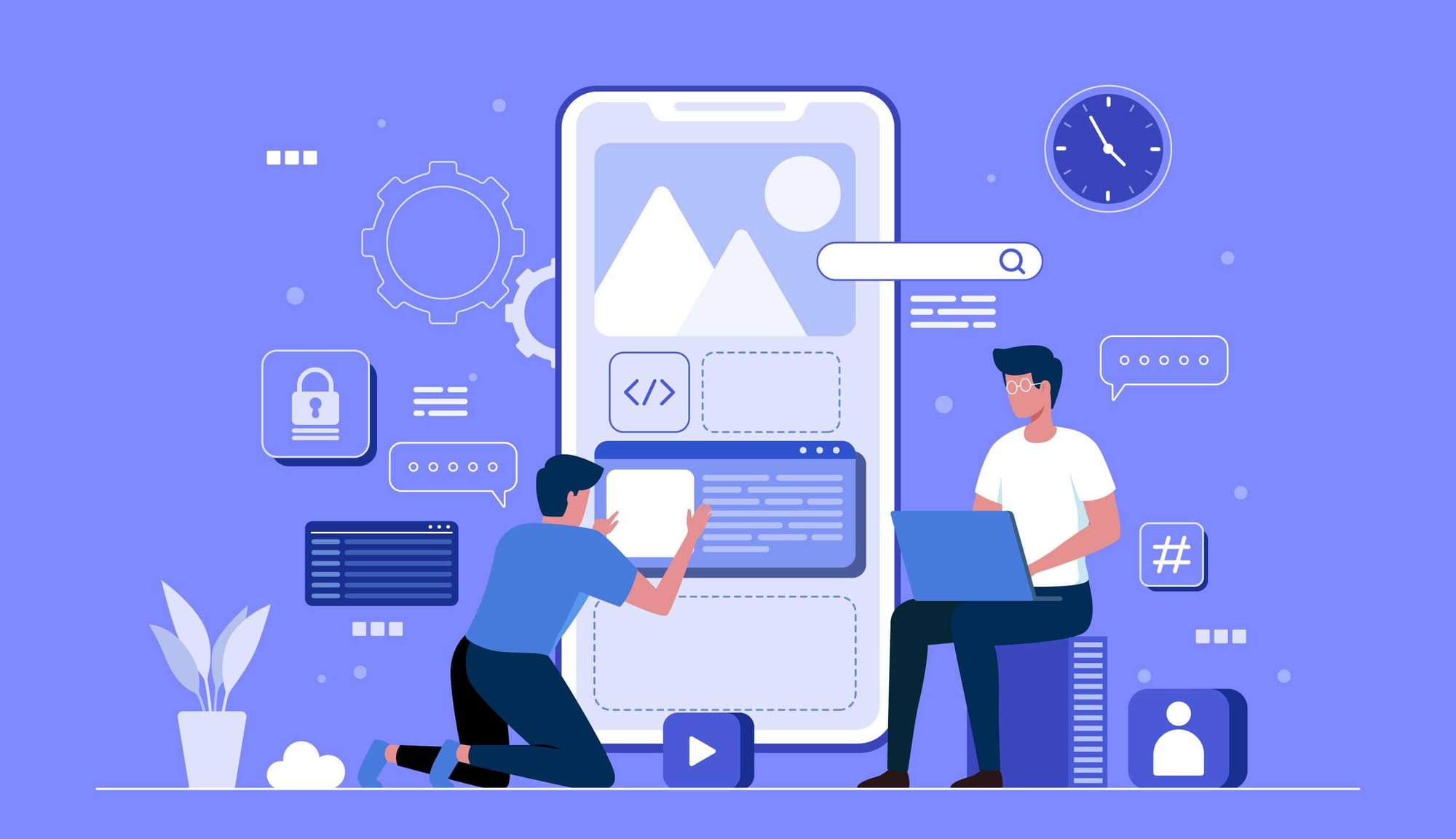Tech It App! – Exploit ICT to involve learners in any classroom.

Objectives:The main outcome of this course is to enable the participants to implement digital technologies in their practices of teaching, learning and assessment in order to create a fun and engaging environment, helping them to:
– to develop ICT competences about applying technology in different educational settings in order to improve the motivation and the creativity of the students;
– to share best practices and transfer knowledge and methods between different cultural zones (at least 3 countries) and different learner ages;
– to develop tools (a digital game, an E-portfolio, digital stories) about ways of applying technology in education for different age groups;
– to enable participants to find at least 5 activities and techniques for their own teaching context in order to boost the motivation of their students;
– to increase participants’ confidence in using web 2.0 social media tools;– to gain inspiration to apply digital technology in the classroom– to promote European cooperation in the field of education within the framework of the Erasmus+ program by partnership building;Learning outcomes:By taking part in this training course, the participants will:
- Develop competences regarding applying digital education activities and techniques in different formal settings
- Develop communication, collaboration, presentation, problem-solving, negotiation, critical & creative thinking skills;
- Develop competences of ensuring harmonious group building (taking into account diversity challenges) and transforming the class as a group into a team
- Have a better understanding of their own competence as teachers and will learn how to develop creative digital strategies for dealing with challenges in their own schools and classrooms
- Learn how to develop tools (a digital game, an E-portfolio, digital stories) and learn about ways of applying technology in education for different age groups
- Identify at least 5 activities and techniques for their own teaching context in order to boost the motivation of their students;
- Have a better confidence in using web 2.0 social media tools;
- Be inspired to apply digital technology in the classroom
- Understand the students’ different realities and how to use digital methods and tools in order to better teach them
- Learn how to use tools that will help create bonds between the students and the teacher in a way that every student feels encouraged
- Develop ICT competences about applying technology in different educational settings in order to improve the motivation and the creativity of the students and to ensure the progress of every child;
- Improve their interpersonal relationships
- To promote European cooperation in the field of education within the framework of the Erasmus+ program by partnership building
- Develop e-tools and techniques that can be used in order to increase student’s motivation and combat drop-out phenomenon;
MethodologyThe main methods will be through practical training, exercises, role-playing, cooperative work, various activities and discussions. The content is based on „learning by doing” combined with “reflection upon action”. The training course has a holistic approach:
- Experiencing: different educational settings, different digital education methods and tools (Plickers, QR Codes, escape rooms in Google Forms, Goosechase, Jeopardy games, Wordwall, Quizlet, Flipgrid, Cloud tools – Google Suite, Designing Crosswords & Quizzes, Mind Maps & Word Clouds, Avatar etc.)
- Reflecting: on the methods and its impacts, on the power and limits of digital and inclusive education, on building a pedagogical process etc.
- Transferring: to the own reality of participants, in order to improve ways of working with their students
- Sharing: different perceptions, current situations and experiences.
- Developing: the building capacity of the participants (to be transferred to their students) by including them in the decision process of the training course designing
- lessons learnt and best practices on digital and inclusive education in school activities
| DAY | MODULE | DETAILS | ||
| DAY 1 |
| DAY | MODULE | DETAILS | ||
| DAY 2 |